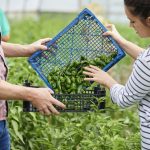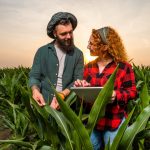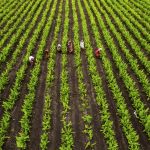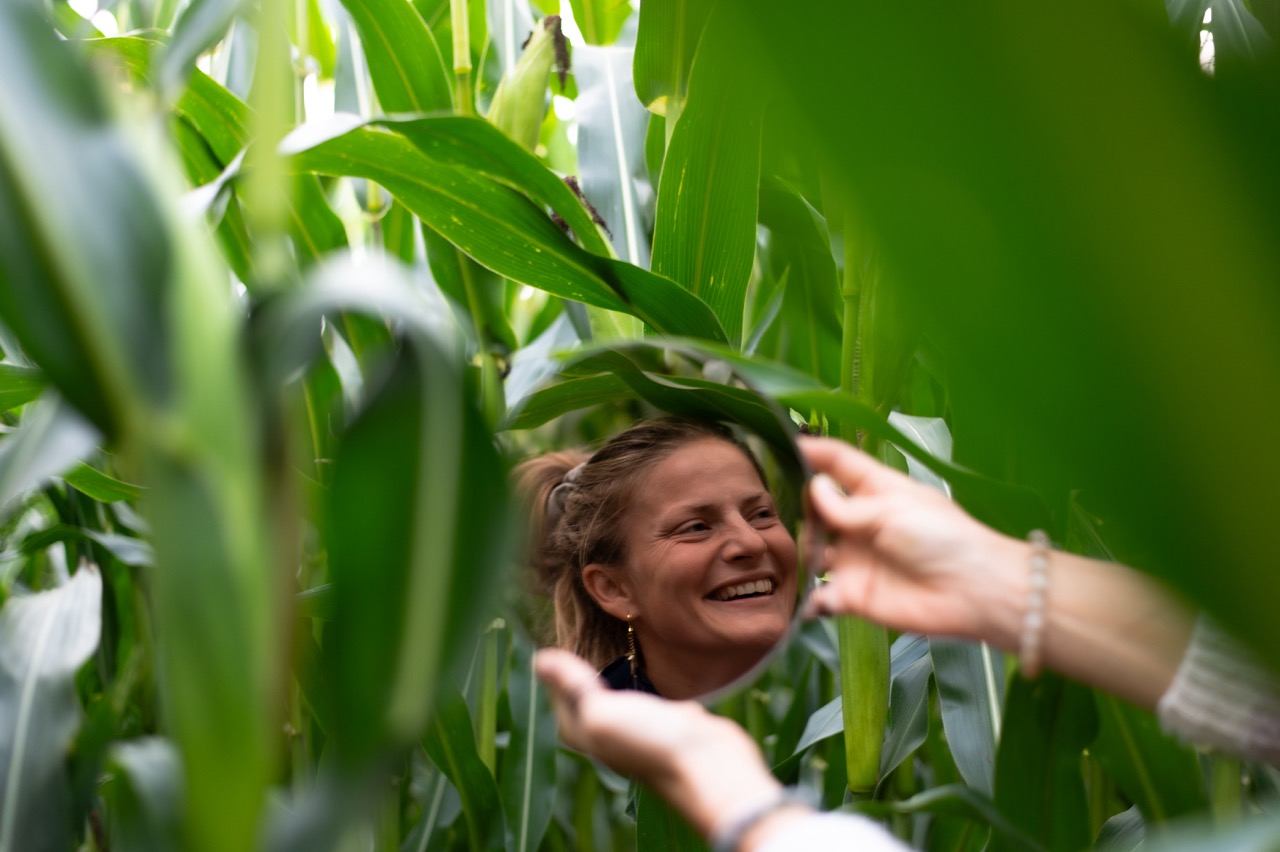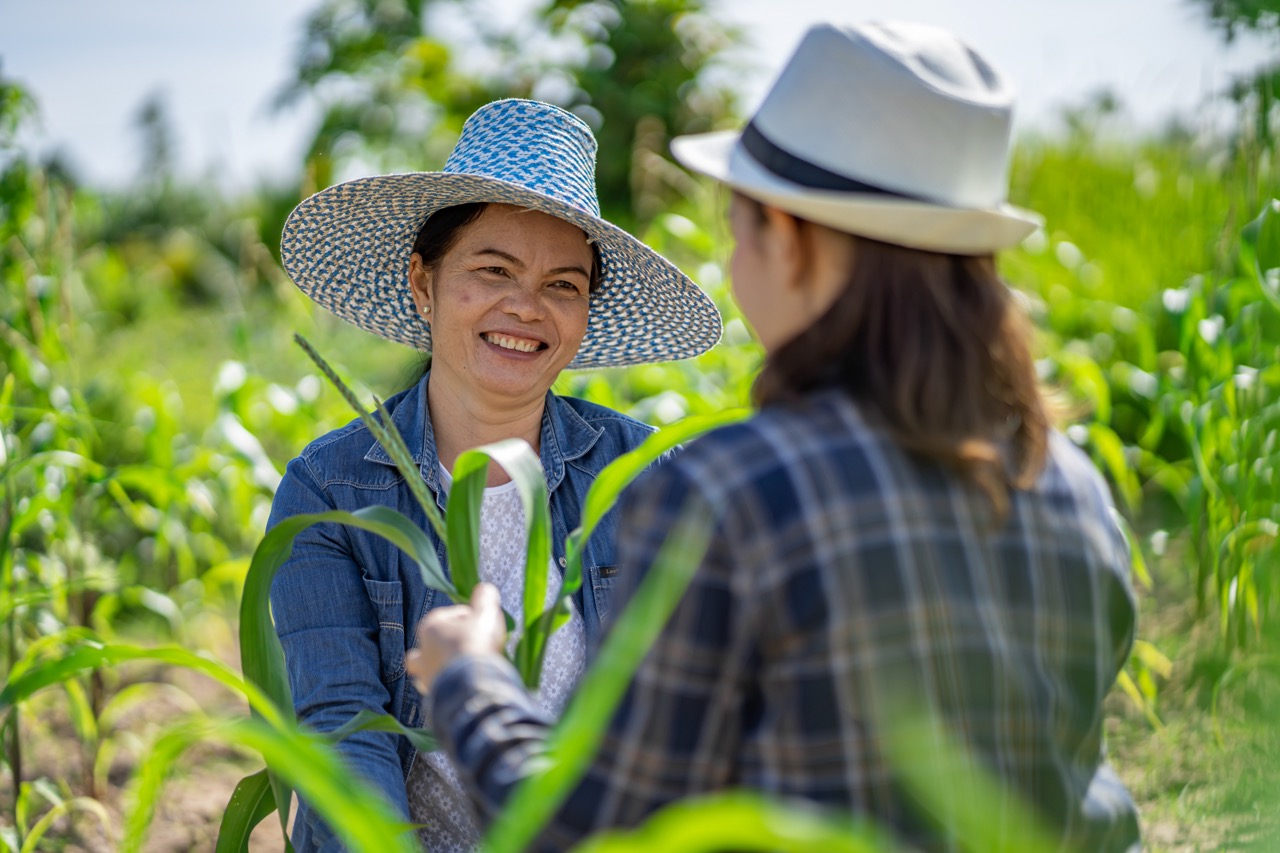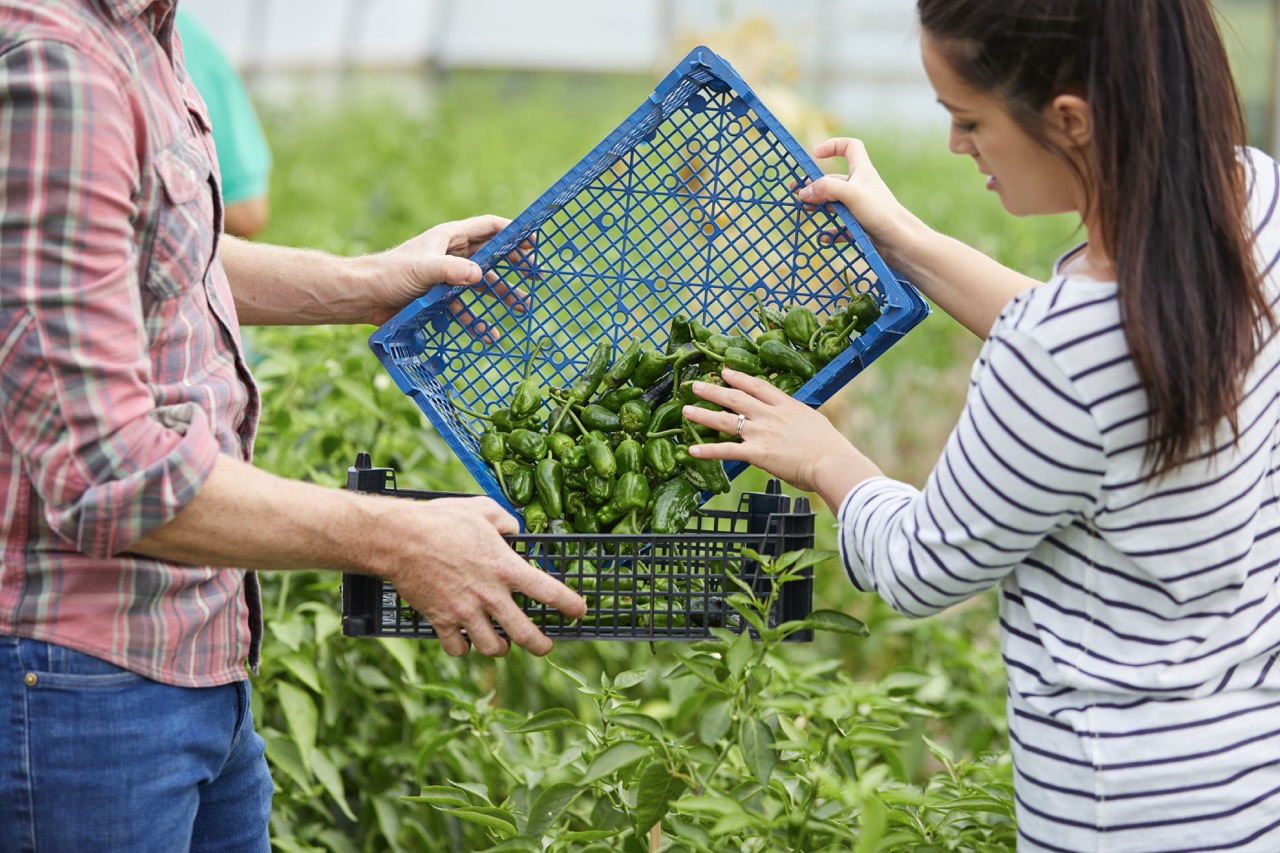Sharecropping, a system rooted in the agrarian economies of the past, has experienced a significant evolution in the digital age. Traditionally characterized by a binding agreement between landowners and laborers, sharecropping has had to adapt to the rapid advancements in technology. This transformation has not only changed the way sharecroppers operate but has also redefined their roles within the agricultural landscape. The fusion of modern technology with age-old practices offers a glimpse into the future of farming, promising both enhanced productivity and sustainability.
The Evolution of Sharecropping in the Digital Age
Over the past few decades, the landscape of agriculture has been dramatically altered by the influx of technological advancements. From the introduction of GPS-guided tractors to precision agriculture software, the tools available to farmers have evolved, and sharecroppers are no exception. This evolution has led to an increased efficiency in farming practices, enabling sharecroppers to access data-driven insights that were previously unimaginable. These insights help optimize planting schedules, monitor crop health, and manage resources more effectively.
The rise of mobile technology and the internet has further democratized information access. Sharecroppers can now utilize online platforms that offer educational resources, market analytics, and networking opportunities. The ability to share knowledge and collaborate has facilitated a stronger sense of community among sharecroppers, who can now exchange insights on best practices and market trends across vast distances. This shift has fostered a more informed and connected workforce that is better equipped to face challenges posed by climate change and fluctuating market demands.
Moreover, the incorporation of technology has also sparked a re-evaluation of the sharecropping model itself. Some sharecroppers have begun to transition into entrepreneurial roles, leveraging technology to create direct-to-consumer sales channels. This shift not only increases their autonomy but also enhances their profitability, challenging the traditional dynamics of sharecropping. As technology continues to evolve, so too does the potential for sharecropping to reshape its identity within the agricultural sector.
How Technology Enhances Crop Management and Yields
Modern technology plays a pivotal role in enhancing crop management and maximizing yields for sharecroppers. Precision agriculture technologies such as drones and satellite imagery allow for real-time monitoring of crop health and soil conditions. By analyzing data collected through these technologies, sharecroppers can identify areas of their fields that require attention, whether it be irrigation, fertilization, or pest control. This targeted approach not only conserves resources but also boosts productivity, leading to higher yields than traditional farming methods.
Additionally, advancements in automation, such as robotic harvesters and smart irrigation systems, have streamlined labor-intensive tasks that once required significant manual effort. For sharecroppers, these innovations translate to a reduction in labor costs and an increase in operational efficiency. Automated systems can respond to changing weather conditions or soil moisture levels, ensuring optimal conditions for crop growth. This adaptability is especially crucial in today’s unpredictable climate, where extreme weather events can threaten agricultural output.
Furthermore, data analytics platforms allow sharecroppers to forecast yields and monitor market trends, enabling them to make informed decisions about planting strategies and sales timing. By leveraging big data, sharecroppers can optimize their operations, ensuring that they produce the right crops at the right time to maximize profitability. The combination of these technological advancements not only enhances crop management practices but also positions sharecroppers to compete more effectively in a global marketplace.
The Economic Impact of Tech on Sharecroppers’ Profits
The integration of technology in sharecropping has profound economic implications. With the ability to optimize resource allocation and improve crop yields, sharecroppers can significantly increase their profits. Enhanced agricultural practices facilitated by technology can lead to a more stable income, allowing sharecroppers to reinvest in their operations or diversify their crop portfolios. This potential for increased profitability marks a significant shift in a model that has historically been fraught with economic vulnerability.
Moreover, as sharecroppers leverage technology to access new markets, particularly through e-commerce platforms, they can sell their products directly to consumers, thereby enhancing their profit margins. This direct connection to consumers diminishes the reliance on intermediaries, ensuring that sharecroppers receive a fairer share of the financial rewards for their labor. Additionally, the ability to market niche products or organic produce can further diversify income streams and attract premium prices.
However, the economic benefits of technology are not without challenges. The initial investment required to acquire tech tools and training can be a barrier for many sharecroppers, particularly those operating on thin margins. While some may benefit from government programs or grants aimed at promoting agricultural innovation, the disparity in access to technology can exacerbate existing inequalities within the agricultural sector. Addressing these disparities is crucial to ensuring that all sharecroppers can benefit from the technological revolution, ultimately contributing to a more equitable agricultural economy.
Future Prospects: Sustainability and Innovation in Agriculture
The future of sharecropping in the digital age is increasingly intertwined with the principles of sustainability and innovation. As more sharecroppers adopt technology, there is a growing emphasis on sustainable practices that not only enhance productivity but also protect the environment. Precision agriculture, for example, encourages practices that minimize water usage and reduce chemical inputs, aligning economic goals with ecological responsibility. This shift towards sustainability is crucial as the agricultural industry faces mounting pressure to address climate change and resource depletion.
Innovation will also play a key role in the evolution of sharecropping. Emerging technologies such as vertical farming, aquaponics, and biotechnological advancements present exciting opportunities for sharecroppers to diversify their operations and adapt to changing market demands. By embracing these innovations, sharecroppers can not only enhance their resilience to environmental challenges but also contribute to a more sustainable food system that prioritizes local production and reduced carbon footprints.
In conclusion, the future of sharecropping lies at the intersection of technology, sustainability, and innovation. As sharecroppers continue to navigate the complexities of modern agriculture, the adoption of technological advancements will be paramount in shaping their success. By fostering a culture of innovation and embracing sustainable practices, sharecroppers have the potential to redefine their roles in the agricultural economy, moving beyond traditional constraints to create a more prosperous and equitable future for all.
The evolution of sharecropping in the digital age represents a significant shift within the agricultural landscape. By harnessing the power of technology, sharecroppers can enhance their productivity, profitability, and sustainability. As we move forward, it is essential to ensure equitable access to these advancements so that all sharecroppers can thrive in an increasingly complex agricultural ecosystem. The future holds promise, and with continued innovation, sharecropping could emerge as a cornerstone of a resilient and sustainable agricultural economy.


